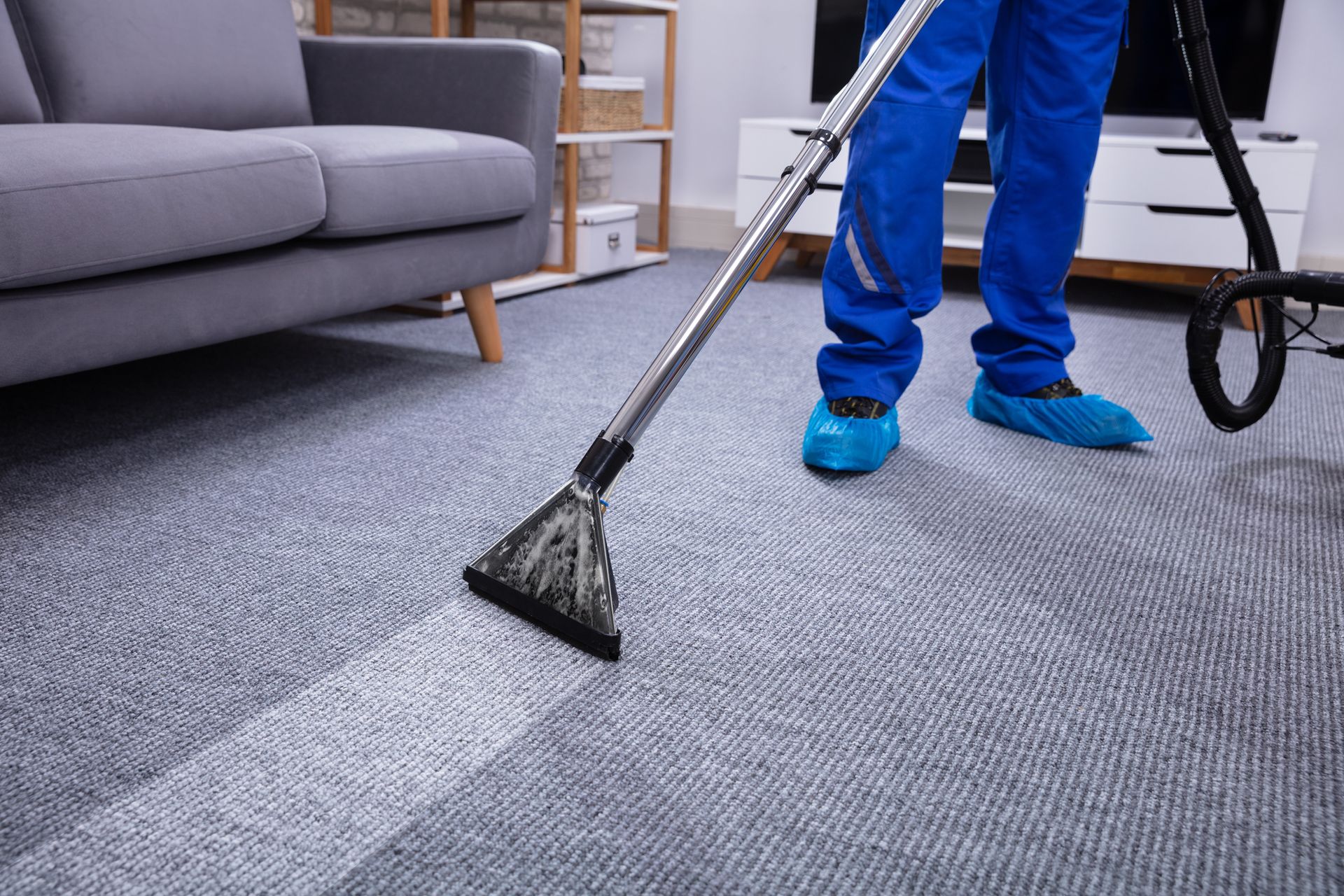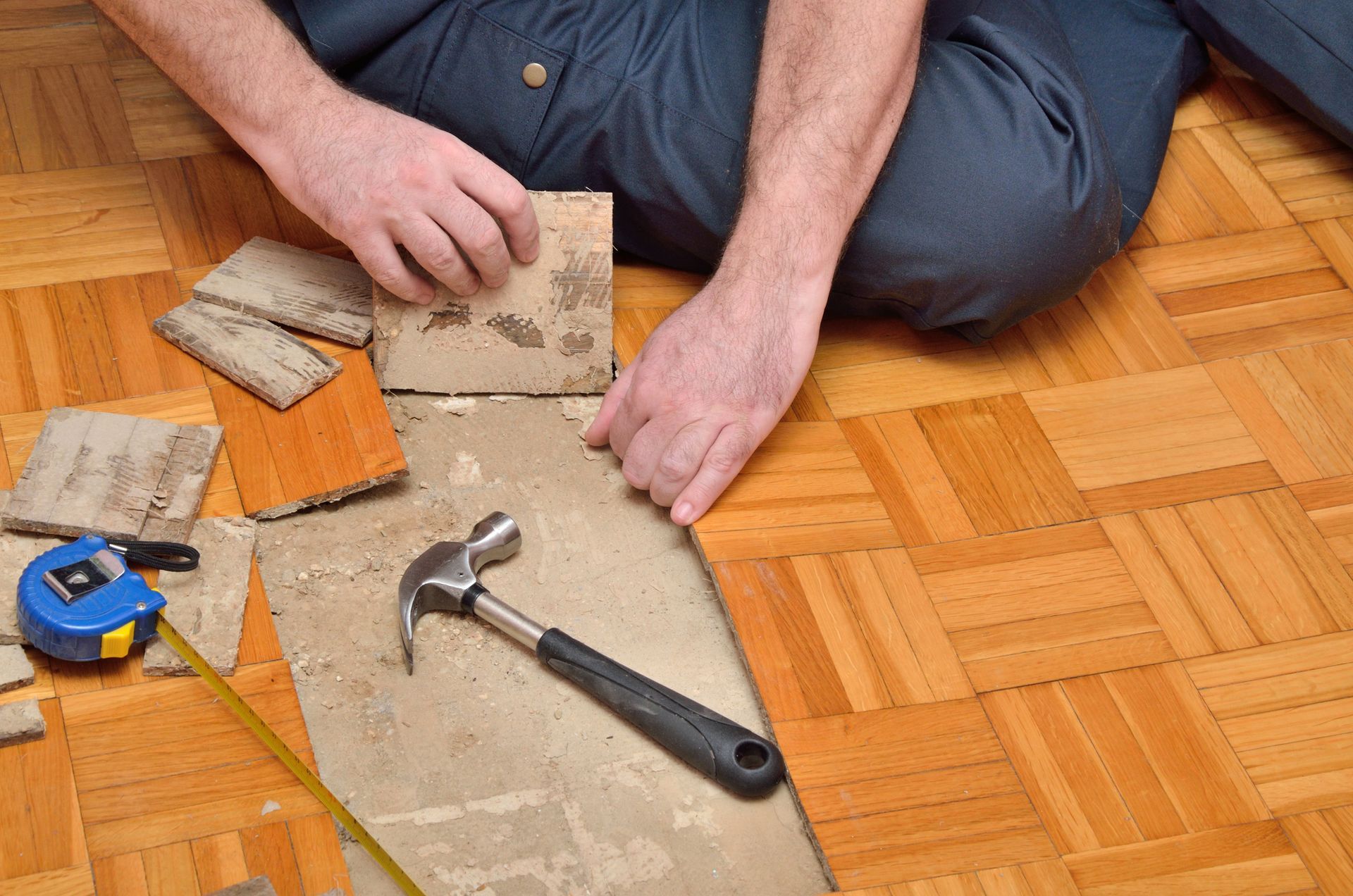Heating and Cooling
Keeping your house at a comfortable temperature year-round is not only essential for your comfort but also for energy efficiency..
When it comes to creating a comfortable and energy-efficient living environment, heating and cooling systems play a pivotal role. From keeping you warm during chilly winters to providing respite from scorching summer heat, these systems are the unsung heroes of modern homes. In this comprehensive guide, we'll explore the world of heating and cooling systems, their types, energy efficiency, maintenance, and how to choose the best system for your home.
Table of Contents:
- The Importance of Heating and Cooling Systems
- Common Types of Heating Systems
- Popular Cooling Systems for Homes
- Energy Efficiency and Cost Savings
- Maintenance Tips for Longevity
- Choosing the Right System for Your Home
- Conclusion: Your Path to Home Comfort
1. The Importance of Heating and Cooling Systems
Our homes are our sanctuaries, and the temperature inside greatly affects our comfort and well-being. Here's why heating and cooling systems are essential:
- Year-Round Comfort: They provide a consistent and comfortable indoor environment, regardless of the weather outside.
- Health and Well-Being: Proper temperature control ensures a healthy living space by reducing the risk of heat-related illnesses or cold-related health issues.
- Energy Efficiency: Modern systems are designed to be energy-efficient, helping you save on utility bills while reducing your carbon footprint.
- Home Value: A well-maintained heating and cooling system can add value to your home, making it more attractive to potential buyers.
2. Common Types of Heating Systems
There are several heating systems available for homes, each with its own advantages and considerations:
- Furnaces: These are the most common heating systems, powered by electricity, natural gas, or oil. Furnaces provide quick and efficient heating by blowing warm air through ducts.
- Heat Pumps: Heat pumps work by transferring heat between the inside and outside of your home. They are highly efficient and can both heat and cool your home.
- Boilers: Boilers heat water, which is then distributed through radiators or in-floor pipes to provide radiant heating. They are known for their even and consistent heating.
- Electric Resistance Heating: This type of heating involves heating elements, similar to those in a toaster, which warm the air. It's less efficient than other methods but can be useful in specific situations.
3. Popular Cooling Systems for Homes
In addition to heating, cooling systems are equally important, especially in warmer climates. Here are some common cooling systems:
- Central Air Conditioning: Central AC systems use a network of ducts to distribute cool air throughout your home. They are highly effective and provide consistent cooling.
- Ductless Mini-Splits: These systems consist of an outdoor compressor unit and indoor air handlers. They offer zoned cooling and are highly energy-efficient.
- Evaporative Coolers (Swamp Coolers): Evaporative coolers use the natural process of evaporation to cool the air. They are eco-friendly and work well in dry climates.
4. Energy Efficiency and Cost Savings
Energy efficiency is a crucial consideration when choosing heating and cooling systems for your home. Here's how you can save both energy and money:
- Invest in Energy-Efficient Systems: Look for systems with high Energy Star ratings. They are designed to minimize energy consumption while providing excellent performance.
- Regular Maintenance: Keep your system in peak condition by scheduling regular maintenance. Clean filters, seals, and ducts can significantly improve efficiency.
- Programmable Thermostats: Install a programmable thermostat to optimize temperature settings throughout the day. Lowering the temperature when you're away or asleep can result in substantial energy savings.
- Sealing and Insulation: Properly seal and insulate your home to prevent heat loss in the winter and heat gain in the summer.
5. Maintenance Tips for Longevity
Regular maintenance is key to extending the lifespan of your heating and cooling systems. Here are some maintenance tips:
- Change Filters: Replace or clean air filters regularly to ensure optimal airflow and system efficiency.
- Clean Ducts and Vents: Ducts and vents can accumulate dust and debris over time. Periodically clean them to maintain proper airflow.
- Professional Inspections: Schedule annual professional inspections to detect and address any issues before they become major problems.
- Clean Outdoor Units: For central air conditioning systems, keep the outdoor unit free from debris, such as leaves and branches, to ensure proper airflow.
6. Choosing the Right System for Your Home
Selecting the right heating and cooling system depends on various factors, including your climate, budget, and specific needs:
- Climate: Consider your region's climate. Homes in colder climates may require more robust heating systems, while homes in hot and humid climates may prioritize cooling.
- Budget: Determine your budget for both the initial installation and long-term operating costs.
- Size of Your Home: The size of your home plays a significant role in choosing the right system. An HVAC professional can help you calculate the required capacity.
- Energy Efficiency Goals: If you're committed to reducing energy consumption, prioritize systems with high efficiency ratings.
- Zoning Needs: If you want to control temperatures in specific areas of your home, consider systems that offer zoning capabilities.
Conclusion: Your Path to Home Comfort
Heating and cooling systems are the backbone of home comfort. Whether you're keeping warm on a chilly winter night or staying cool during a scorching summer day, the right system ensures a comfortable living environment. By understanding your options, prioritizing energy efficiency, and investing in regular maintenance, you can enjoy years of comfort while saving money and reducing your environmental impact. Make the right choice for your home, and embark on a journey to a more comfortable and energy-efficient living space
You might also like

Book a Service Today
We will get back to you as soon as possible
Please try again later
Quick & Reliable Handyman Service
We are available Monday to Saturday from 8am-8pm by email or phone
Location
1128 Blue Range Way, Roseville, California, 95747
hello@pappyshandymanservice.com
Call
All Rights Reserved | Pappy's Handyman Service
Designed and Developed by Growaia


